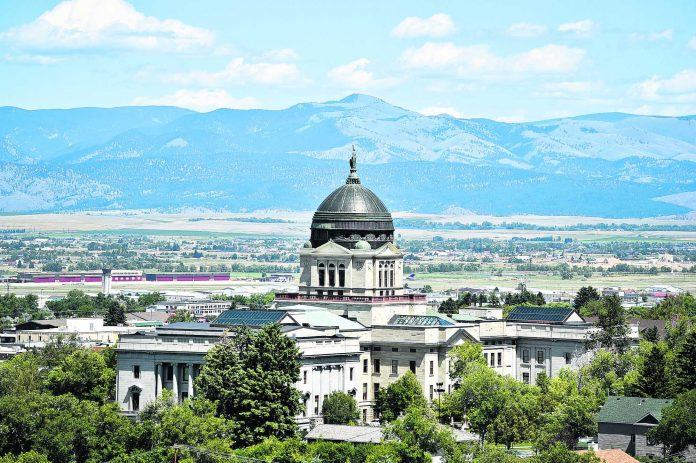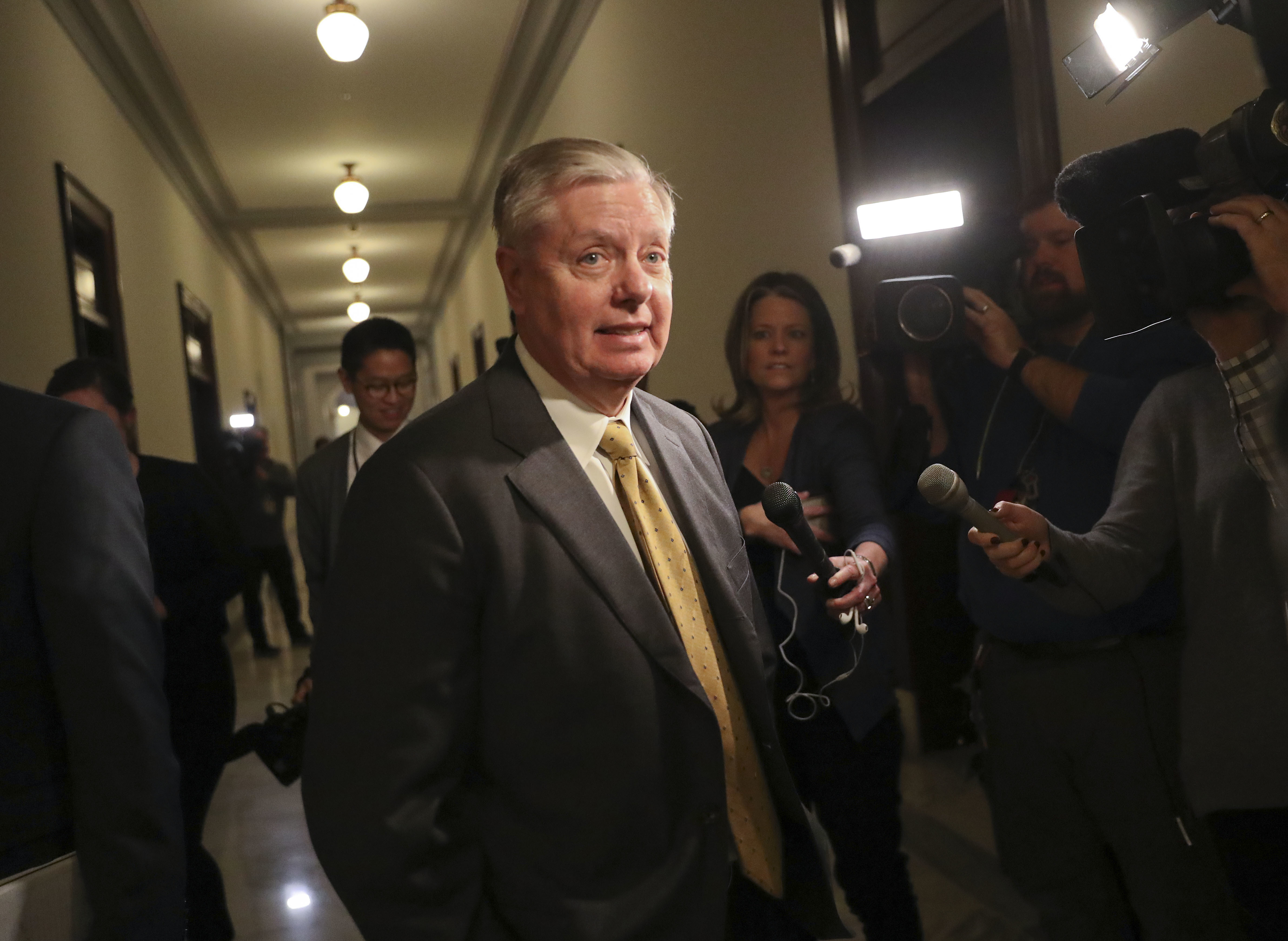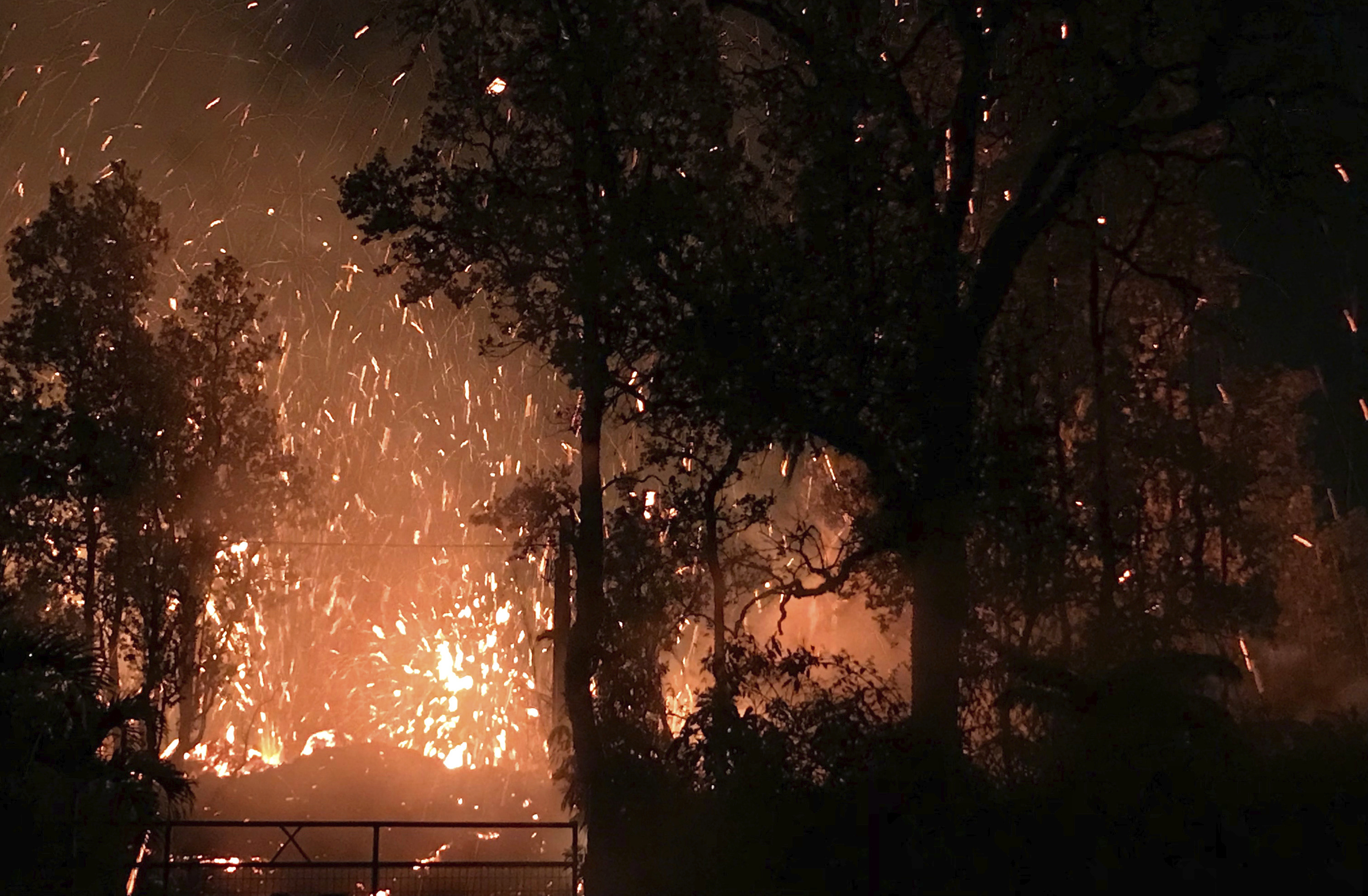
By LAUREN WEBER and ANNA MARIA BARRY-JESTER
KHN (Kaiser Health News)
Republican legislators in more than half of U.S. states, spurred on by voters angry about lockdowns and mask mandates, are taking away the powers that state and local officials use to protect the public against infectious diseases.
A Kaiser Health News review found that, in all 50 states, legislators have proposed bills to curb such public health powers since the COVID-19 pandemic began. At least 26 states passed laws that permanently weaken government authority to protect public health. In three additional states, an executive order, ballot initiative or state Supreme Court ruling limited long-held public health powers.
In Arkansas, legislators banned mask mandates except in private businesses or state-run health care settings, calling them “a burden on the public peace, health, and safety of the citizens of this state.” In Idaho, county commissioners, who typically have no public health expertise, can veto countywide public health orders. And in Kansas and Tennessee, school boards, rather than health officials, have the power to close schools.
President Joe Biden last week announced sweeping vaccination mandates and other COVID-19 measures, saying he was forced to act partly because of such legislation. All told:
—In at least 16 states, legislators have limited the power of public health officials to order — mask mandates, or quarantines or isolation. In some cases, they gave themselves or local elected politicians the authority to prevent the spread of infectious disease.
—At least 17 states passed laws banning COVID-19 vaccine mandates or passports, or made it easier to get around vaccine requirements.
—At least nine states have new laws banning or limiting mask mandates. Executive orders or a court ruling limit mask requirements in five more.
Much of this legislation takes effect as COVID-19 hospitalizations in some areas are climbing to the highest numbers at any point in the pandemic.
“We really could see more people sick, hurt, hospitalized or even die, depending on the extremity of the legislation and curtailing of the authority,” said Lori Tremmel Freeman, head of the National Association of County and City Health Officials.
Public health academics and officials are frustrated that they, instead of the virus, have become the enemy. They argue this will have consequences that last long beyond this pandemic, diminishing their ability to fight the latest COVID-19 surge and future disease outbreaks.
“It’s kind of like having your hands tied in the middle of a boxing match,” said Kelley Vollmar, executive director of the Jefferson County Health Department in Missouri.
But proponents of the new limits say they are a necessary check on executive powers and give lawmakers a voice in prolonged emergencies. Arkansas state Sen. Trent Garner, a Republican who co-sponsored his state’s successful bill to ban mask mandates, said he was trying to reflect the will of the people.
“What the people of Arkansas want is the decision to be left in their hands, to them and their family,” Garner said. “It’s time to take the power away from the so-called experts, whose ideas have been woefully inadequate.”
After initially signing the bill, Republican Gov. Asa Hutchinson expressed regret, calling a special legislative session in early August to ask lawmakers to carve out an exception for schools. Lawmakers declined. The law is currently blocked by an Arkansas judge who deemed it unconstitutional. Legal battles are ongoing in other states as well.
The Montana Legislature passed some of the most restrictive laws of all, severely curbing public health’s quarantine and isolation powers, increasing local elected officials’ power over local health boards, preventing limits on religious gatherings and banning employers — including in health care settings — from requiring vaccinations for COVID-19, the flu or anything else.
Losing the ability to order quarantines has left Karen Sullivan, health officer for Montana’s Butte-Silver Bow Health Department, terrified about what’s to come — not only during this pandemic but for future measles outbreaks.
“Relying on morality and goodwill is not a good public health practice,” she said.
Freeman said her city and county health officials’ group has meager influence and resources, especially in comparison with the American Legislative Exchange Council, a corporate-backed conservative group that promoted a model bill to restrict the emergency powers of governors and other officials. The draft legislation appears to have inspired dozens of state-level bills, according to the KHN review. At least 15 states passed laws limiting emergency powers. In some states, governors can no longer institute mask mandates, and their executive orders can be overturned by legislators.
The new laws are meant to reduce the power of governors and restore the balance of power between states’ executive branches and legislatures, said Jonathon Hauenschild, director of the ALEC task force on communications and technology. “Governors are elected, but they were delegating a lot of authority to the public health official, often that they had appointed,” Hauenschild said.
When the Indiana Legislature overrode the governor’s veto to pass a bill that gave county commissioners the power to review public health orders, Dr. David Welsh, the public health officer in rural Ripley County, was devastated.
People immediately stopped calling him to report COVID-19 violations. It was “like turning off a light switch,” Welsh said.
He’s considering stepping down. If he does, he’ll join at least 303 public health leaders who have retired, resigned or been fired since the pandemic began, according to an ongoing analysis by KHN and The Associated Press. That means 1 in 5 Americans have lost a local health leader during the pandemic.
“This is a deathblow,” for the public health field, said Brian Castrucci, CEO of the de Beaumont Foundation, which advocates for public health.
Public health groups expect further combative legislation.
Former Oregon Democratic state Sen. Wayne Fawbush said some of today’s politicians may come to regret these laws.
Fawbush was a sponsor of 1989 legislation that 32 years later means Oregon cannot require health care workers to be vaccinated against COVID-19. Calling lawmaking a “messy business,” Fawbush said he wouldn’t have pushed the bill through if he had known then what he does now.



















